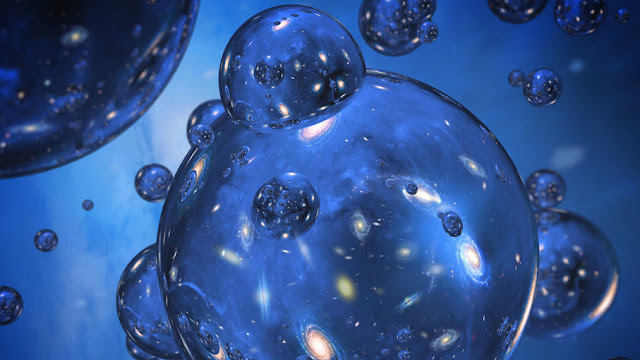Seeking the Numinous
Death is by definition the end of life as we know it.
Losing the body, means losing the five senses. Close your eyes and try to imagine existence without sight. Now imagine it without sound. Then touch, smell, and taste.
And the death of the brain means the loss of memory. Any hope we may have of our memories being saved somewhere outside our physical body, must be discarded in the face of reality. Damage to the brain is demonstrably associated with the loss of memory. And we have found no evidence of the brain being a receiver or transmitter of signals beyond our bodies.
Similarly, the loss of language should be expected. This implies the loss of higher thought, especially rational and structured thought, which is really what separates human experience from every other known life form.
Even further, brain damage and abnormalities are associated with loss of emotions like fear and empathy. So death means the end of familiar emotions as well.
So what is left that could possibly survive death? None of the contents of consciousness. But what about consciousness itself?
There is no reason to believe our consciousness exists outside our physical bodies. But even granted some imaginative plane in which this consciousness would continue to exist, you with your identity, memories, desires, behavioral patterns and understanding of the universe would be dead.
If anything survives your death, it will be something utterly foreign to you.
The best, probably the only, chance to experience the numinous is here and now. You must have sensed it in your life, peering into the rain, seeing the glory of the night sky, gazing into the blue horizon. And perhaps you remember those mesmerizing moments when thoughts fizzle out and there is only the sense of existence, here and now, with that awe-inspiring feeling that is both fullness and emptiness.
Losing the body, means losing the five senses. Close your eyes and try to imagine existence without sight. Now imagine it without sound. Then touch, smell, and taste.
And the death of the brain means the loss of memory. Any hope we may have of our memories being saved somewhere outside our physical body, must be discarded in the face of reality. Damage to the brain is demonstrably associated with the loss of memory. And we have found no evidence of the brain being a receiver or transmitter of signals beyond our bodies.
Similarly, the loss of language should be expected. This implies the loss of higher thought, especially rational and structured thought, which is really what separates human experience from every other known life form.
Even further, brain damage and abnormalities are associated with loss of emotions like fear and empathy. So death means the end of familiar emotions as well.
So what is left that could possibly survive death? None of the contents of consciousness. But what about consciousness itself?
There is no reason to believe our consciousness exists outside our physical bodies. But even granted some imaginative plane in which this consciousness would continue to exist, you with your identity, memories, desires, behavioral patterns and understanding of the universe would be dead.
If anything survives your death, it will be something utterly foreign to you.
The best, probably the only, chance to experience the numinous is here and now. You must have sensed it in your life, peering into the rain, seeing the glory of the night sky, gazing into the blue horizon. And perhaps you remember those mesmerizing moments when thoughts fizzle out and there is only the sense of existence, here and now, with that awe-inspiring feeling that is both fullness and emptiness.



Comments